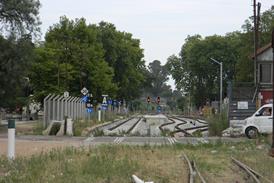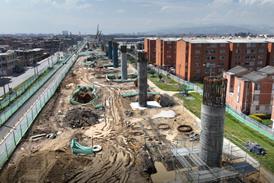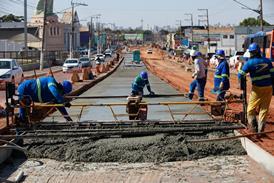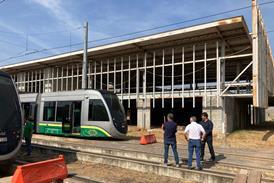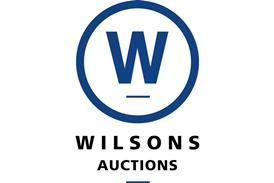RAIL TRAFFIC using the Brenner transit route through Austria stands to gain a substantial boost on August 1. From that day the Tirolean regional government is banning lorries carrying specified goods over a 46 km section of the A12 Inn valley motorway. Banned cargoes include cereals, wood, cork, iron and other ores, construction steel, earth and stone, rubbish and cars. The move follows concern over rising levels of noxious pollutants from motorway traffic that had already prompted Tirol to extend a winter-only night-time ban on lorry traffic to an all-year-round ban from June 1.
In response to Tirol’s decision, German Railway and its partners operating services across the Brenner route into Italy began gearing up to cope with extra traffic. DB estimates this to amount to 600 lorry trips a day, equivalent to eight freight trains in each direction - the Brenner route currently carries an average of over 30 freight trains a day each way.
Speaking at a press conference in München, DB Cargo’s Regional Manager Wilfried Renger said that extra capacity would be made available: ’we can cater for 800 lorryloads’ [a day], he said. This includes space on rolling motorway services and on unaccompanied intermodal trains, as well as on wagonload services. Recent problems with rolling motorway services (RG 10.02 p616) are not expected to be an issue, and highest demand is expected to be on the München - Verona rolling motorway route as this is likely to be the cheapest option for hauliers.
Whether Tirol’s cargo ban will be subjected to a challenge by road hauliers remains to be seen. No doubt there are other locations where air quality checks would reveal similar pollution levels, but authoritarian measures like this have so far been shunned elsewhere.

